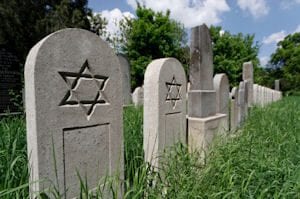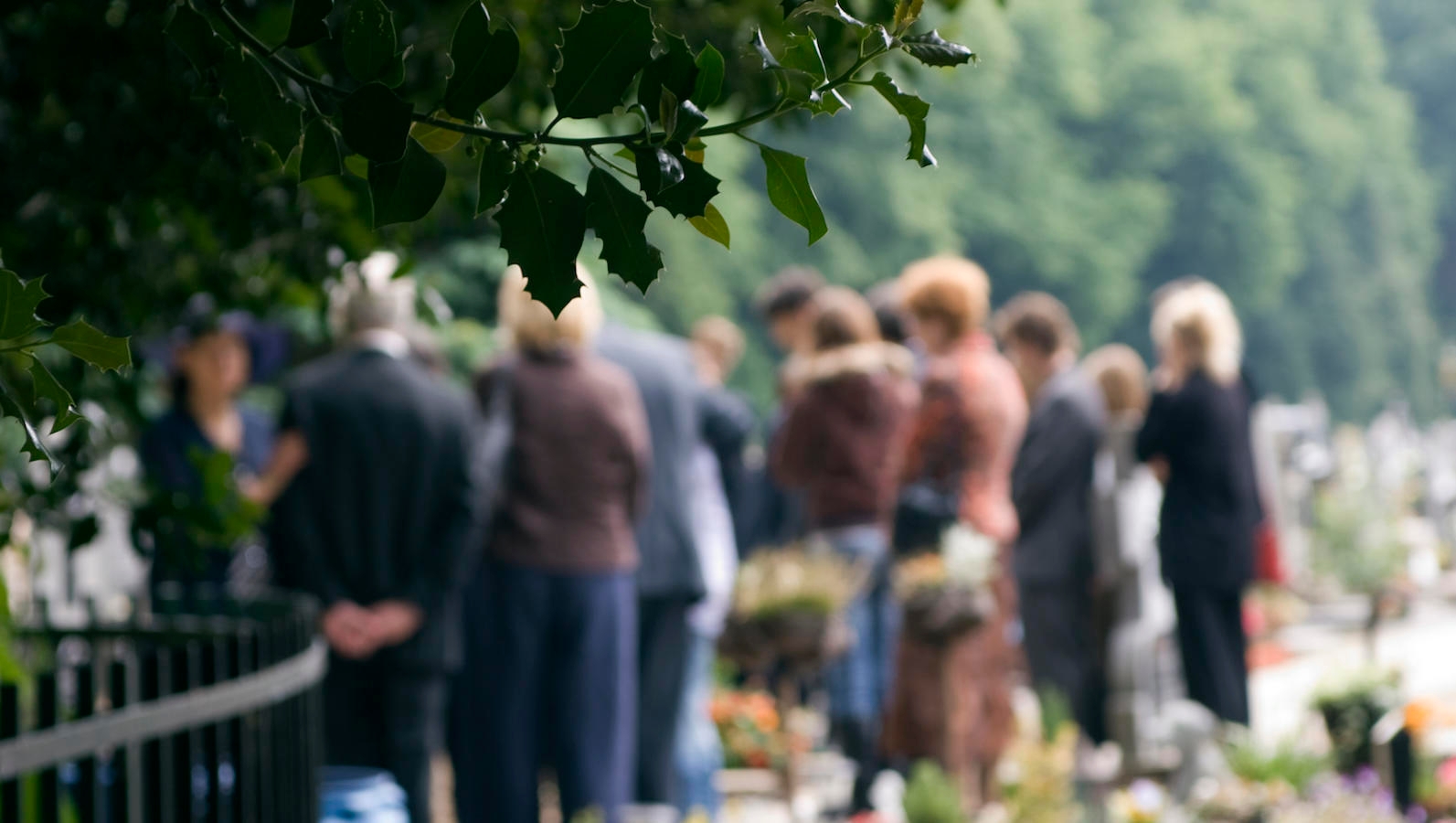jewish burial customs standing up
In the past it was customary for Jewish headstones to include a ceremony when they were placed at the burial site. Abraham Sarah Isaac Jacob and others were buried in the cave of Machpelah near Hebron.
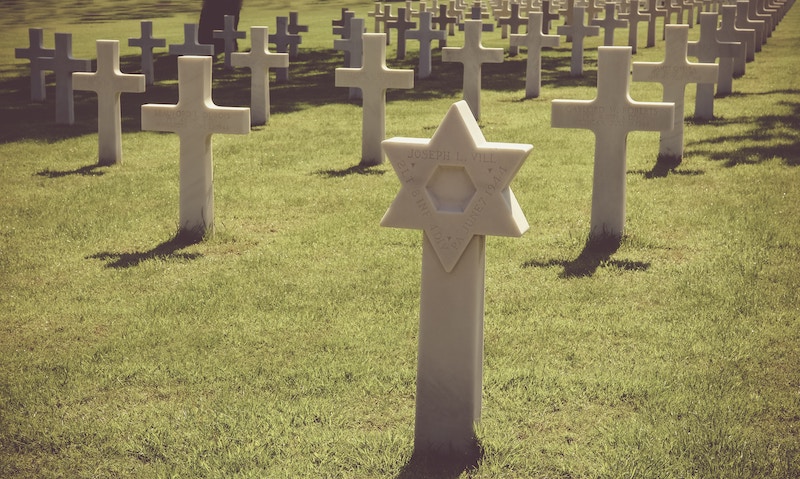
Headstone Unveiling In Jewish Mourning A Guide Cake Blog
While a deeper hole is needed this cuts down on the overall space used making room for more burials nearby.
. This is not always possible and given the fact that many modern Jewish families are spread out around the country it usually becomes necessary to wait a day or two until all of the mourners can arrive. Traditional Jewish funeral customs will not display the deceased body. At the time of the resurrection everyone will head to the Land of Israel and therefore some cemeteries are set up so that the feet of the dead face the.
The human body is considered as sacred in death as it was in life as it contained a Gdly soul. He must be buried in a traditional grave in the ground so that the body may return to the earth. They are designed for the honor and dignity of the deceased and are a part of the mourning process which helps comfort the bereaved.
A plain wooden coffin a shroud and the same funeral prayers. In Jewish tradition the body must undergo a series of rituals after death and before burial known as tahara performed by a chevra kadisha a holy society of volunteers. Based on Jewish laws traditions and customs a Jewish funeral usually takes place within one day following the date of death and these are solemn and reflective services followed by a gathering at the mourners home which marks the beginning of shiva.
One of the most popular memorial prayers asks God to grant perfect peace to the departed and to remember their good deeds. A traditional Jewish funeral occurs within 24 hours of the time of death as it is a sign of respect to the deceased. Dignity Memorial Jewish has many prayers for this occasion.
There is no public viewing of the body. A synagogue funeral home or graveside. The precedents set by the prompt burials of Sarah Gen.
The traditional mourning period beyond the seven-day shiva and continue certain traditions for between 30 days and up to a full year after the death of a Jewish family member. However many modern funeral services will happen later so friends and family members can all attend. Usually men are asked to wear a skullcap and women a head covering.
Has the experience to provide you with the answers you are looking for. A Jewish funeral can take place at a synagogue a funeral home or a gravesite and will usually last between 15 to 60 minutes. Jewish Funerals and Burial.
In a stand up burial the body is buried vertically instead of horizontally. Black or dark colors are appropriate as are respectful clothes such as suits dresses or business attire. In many cemeteries the bodies are buried with their feet facing the entrance to the cemetery to symbolize that they will leave the cemetery at the time of the resurrection of the dead.
Many Jews who are kohanim will attend a funeral. Sometimes the entire service is conducted at the gravesite. In so doing they followed the pattern set by the patriarchs.
Jewish funeral etiquette varies. Simply call 718 377-7300 to reach one of our funeral professionals. They are most likely kohanim.
Jews arent buried standing. Mourners can expect a Jewish funeral service to start with a eulogy read by the rabbi leading to various prayers psalms and hymns. Recently American Jews in particular adopted the custom of unveiling the.
Everyone at Shermans Flatbush Memorial Chapel Inc. Jewish custom insists on prompt burial as a matter of respect for the dead a consideration of particular relevance in hot climates. This was in accordance with Jewish burial customs.
Others will enter a cemetery but will not come close to the grave. Then its time to pick up the phone and call us. The burial rite consisted of two parts.
In Judaism the practice of unveiling is a relatively recent phenomenon. According to one kabbalistic source burial refreshes the soul of the deceased and only after burial will it be admitted to Gods presence Midrash ha-Nelam to Ruth. First the body would be brought into an outer room and laid on the floor or in special slots in the wall.
What to expect at a Jewish funeral. It will take place either in a Jewish funeral home synagogue or temple and then follow to the cemetary. Burial in vaults above-ground mausoleums.
Matthew 2759 Mark 1546 and Luke 2353 describe Jesus body being wrapped in linen cloth not in a linen cloth John 1940 is much more specific describing strips of linen cloth not a single sheet as is the Shroud of Turin in accordance with Jewish burial customs. Generally most of the service takes place in the funeral home or synagogue. According to Jewish law a Jew is to be buried as he was born - complete with all his limbs and organs.
Jewish funerals cannot take place on Shabbat or on most Jewish holidays. You may notice that immediate family members wear a black button-looking pin with a ribbon hanging from it. In any of these cases you may attend a funeral where some Jews stand just outside the chapel.
No matter how poor wealthy respected or disliked all members of the community are supposed to receive the same funeral. Eulogies are read by the rabbi as well as a few family members. The first seven days following the funeral is known as shiva and the.
Of course exceptions are made when the kohen must bury one of the seven immediate relatives. Some funeral homes are already specializing in this unique type of burial. Readings at the beginning of the funeral are frequently Psalms 23 15 24 90 and 103.
However it took place immediately after the death during the burial ceremony. When the funeral service is finished the mourners should follow the hearse to the. A Jewish funeral ceremony is called a ceremony is called a Levayah accompaniment.
Jewish burial customs are primarily meant to keep the process simple dignified and equal. One example is Upright Burials in Australia. Then later perhaps a year later the family would return to the burial cave collect the bare bones and add them to a pile of bones left by previous generations in an inner sanctum.
Traditionally burial takes place as soon as possible-within 24 hours. Jewish funerals are characterized by brevity and simplicity. Jewish funeral services can take place in a variety of places including.
It is called this way because at Jewish. Judaism and Jewish funeral and burial customs rituals are ussed to provide structure and comfort during the early moments of the grieving process. Many Jewish families buried their dead in caves and tombs carved out of the soft rock common in many parts of Israel.
Jewish law prohibits Cremation and embalming.

A Guide To Jewish Death And Mourning Rituals Jewish World Haaretz Com
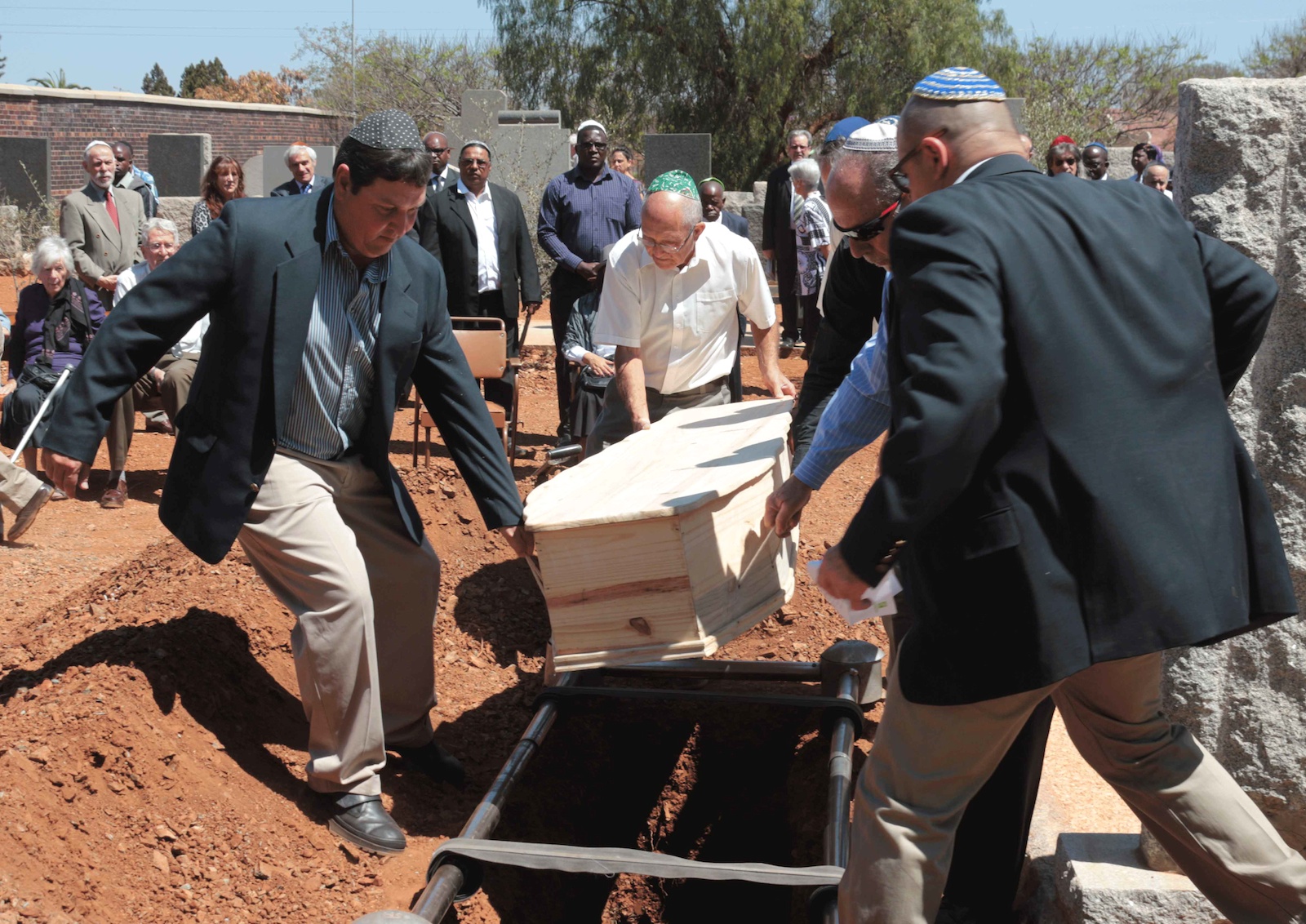
Jewish Traditions For Death Burial And Mourning Rohatyn Jewish Heritage
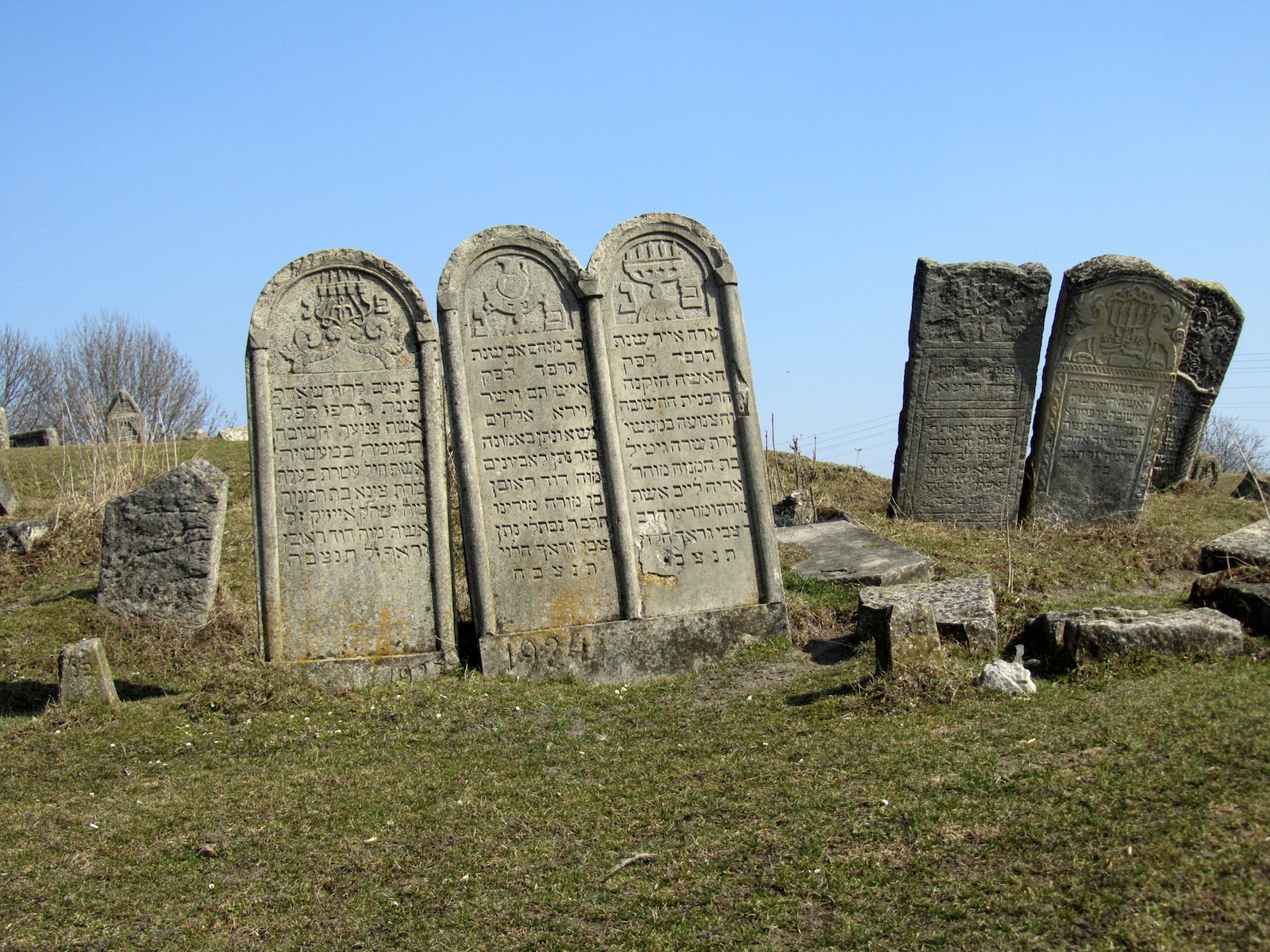
Jewish Traditions For Death Burial And Mourning Rohatyn Jewish Heritage
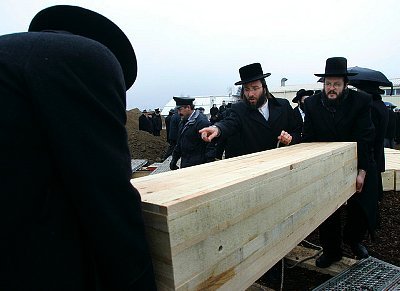
Closed Caskets At Jewish Funerals Jewishboston
Jewish Funeral Traditions 15 Important Things You Need To Know
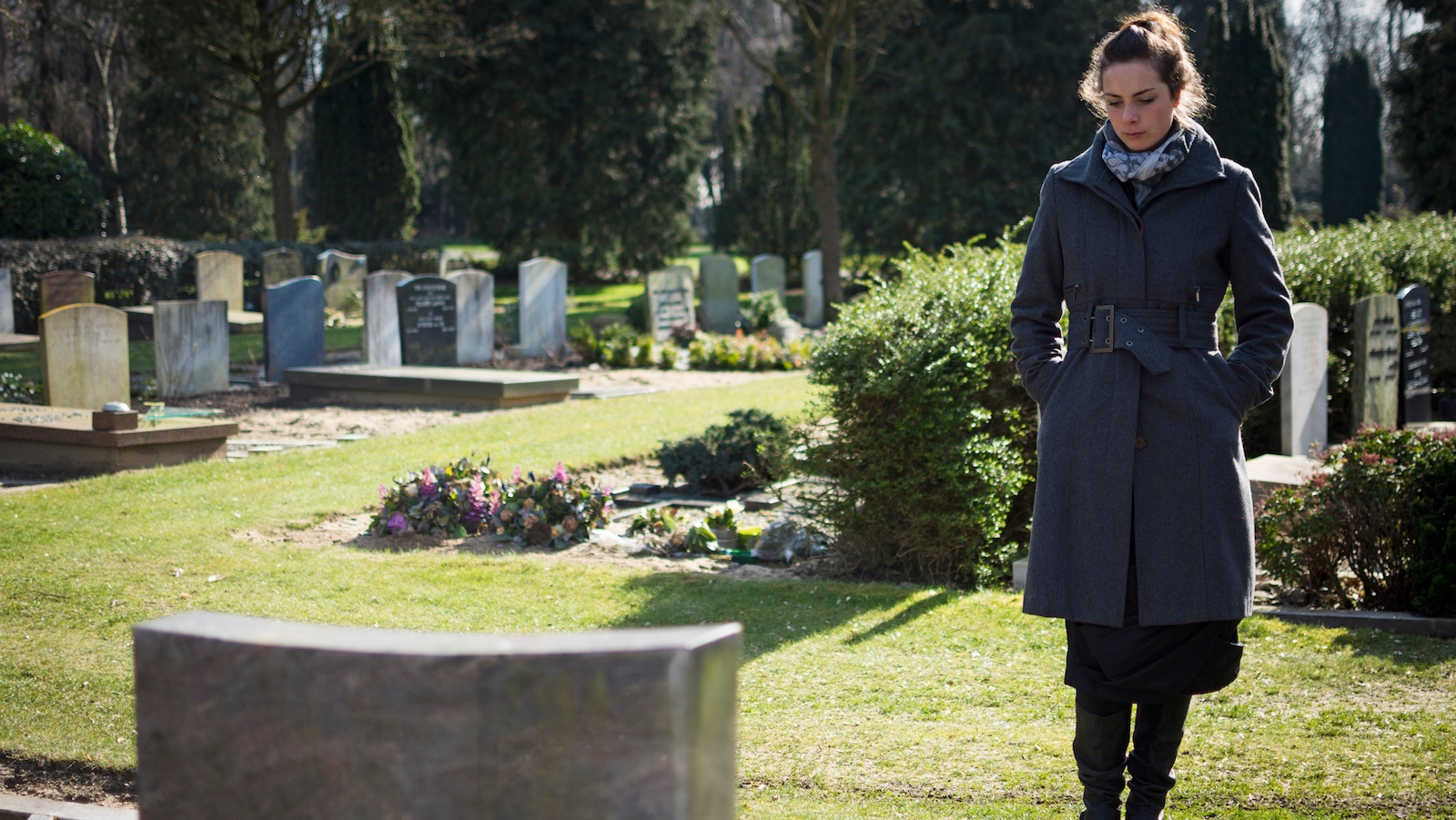
Mourning Non Jewish Loved Ones A Reform Perspective My Jewish Learning
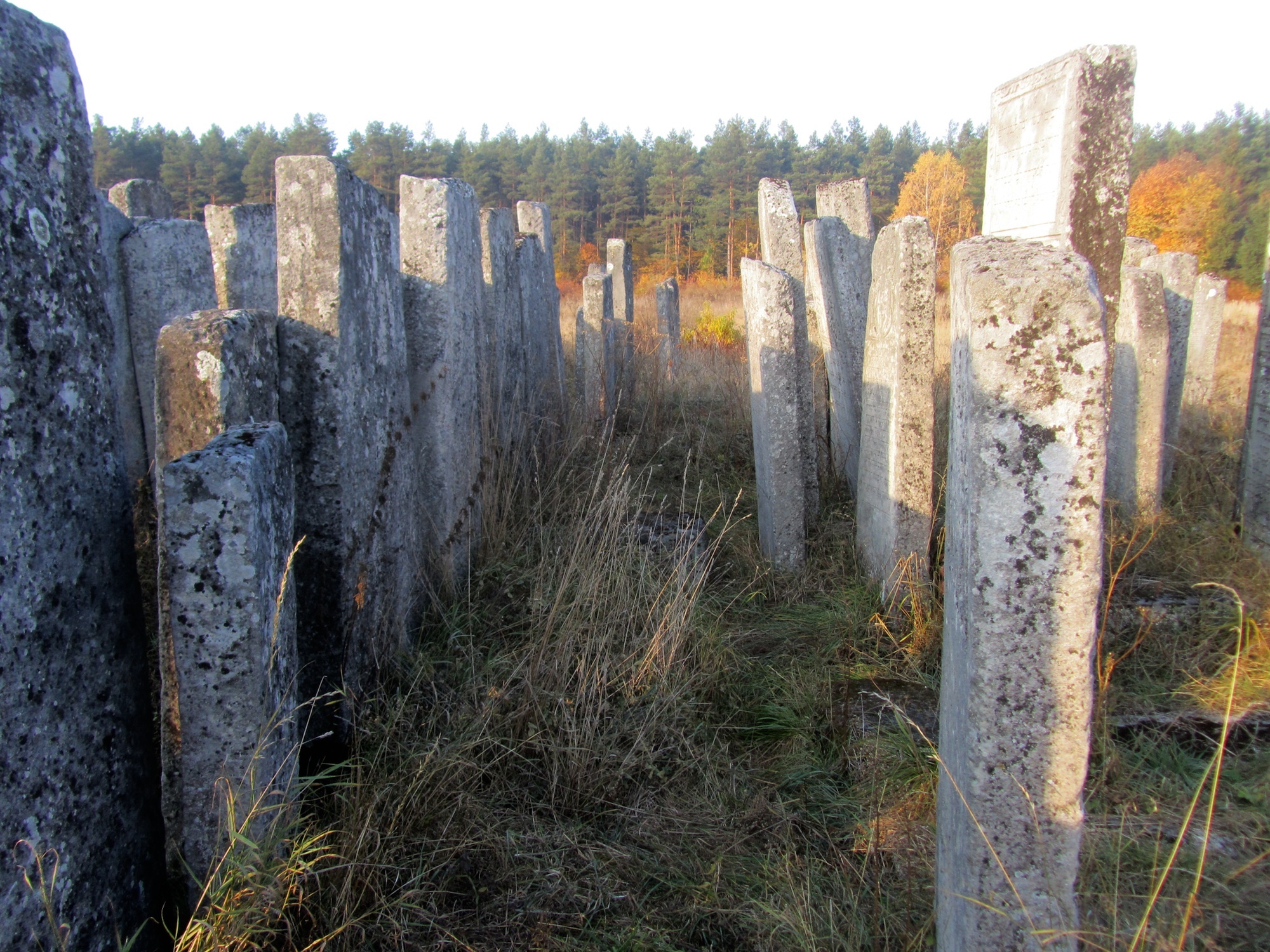
Jewish Traditions For Death Burial And Mourning Rohatyn Jewish Heritage
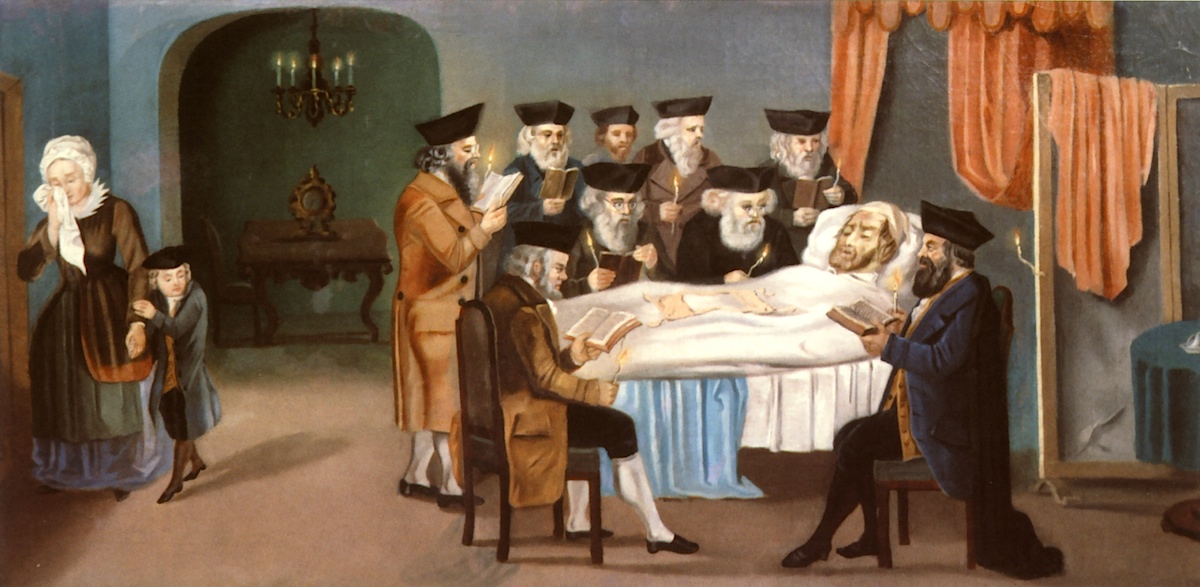
Jewish Traditions For Death Burial And Mourning Rohatyn Jewish Heritage

Do Jewish People Get Buried Standing Up Chicagojewishnews Com

Do Jews Bury The Dead In A Specific Direction Death Mourning
Jewish Funeral Traditions 15 Important Things You Need To Know
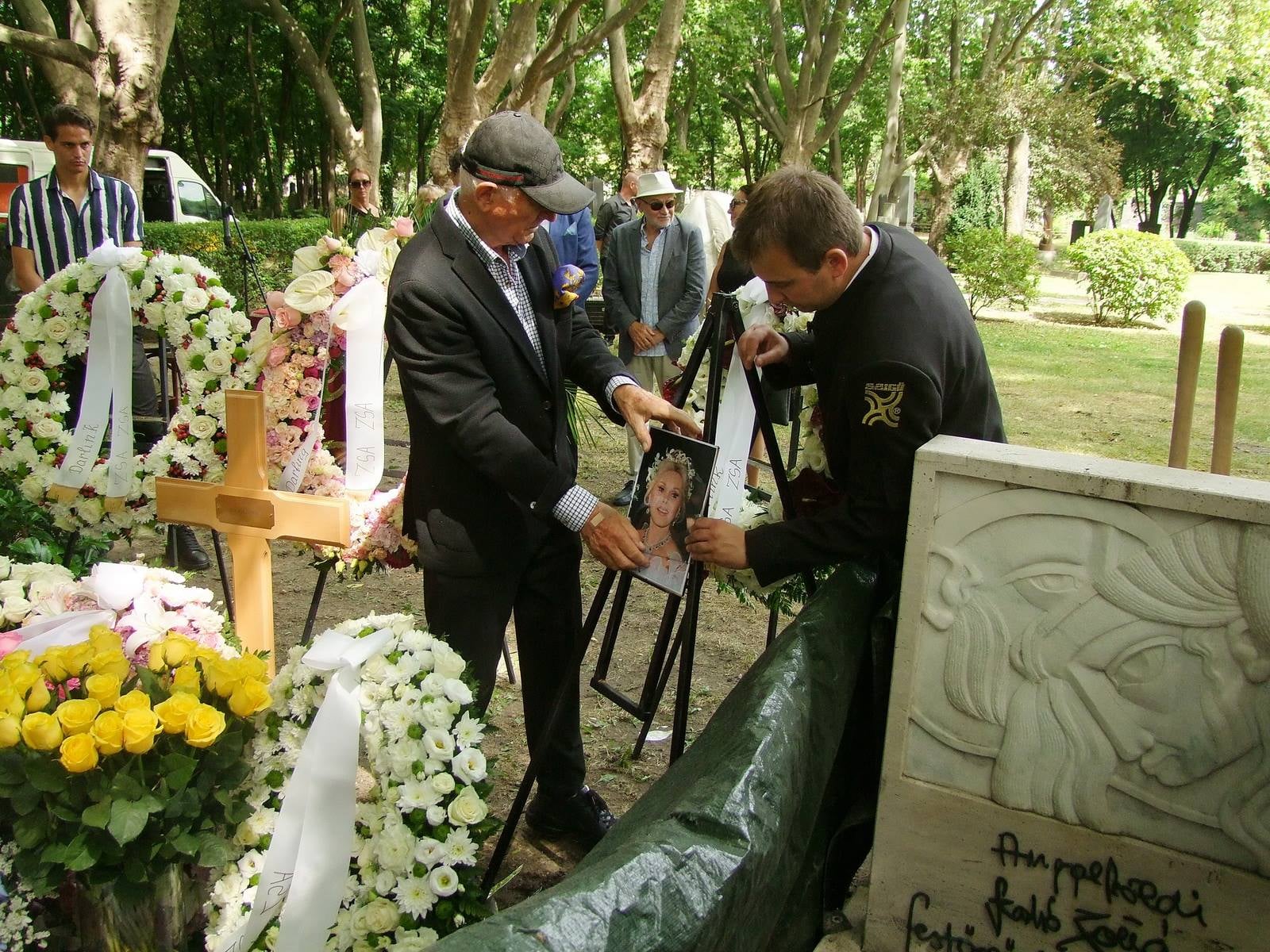
Zsa Zsa Gabor S Ashes Make Fashionably Late Return To Budapest For Burial The Times Of Israel
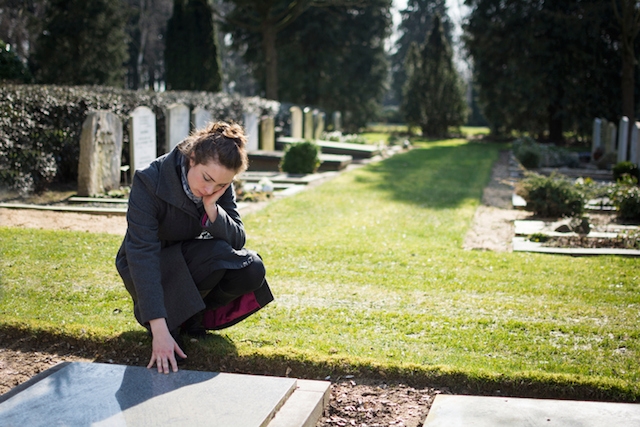
Timeline Of Jewish Mourning My Jewish Learning
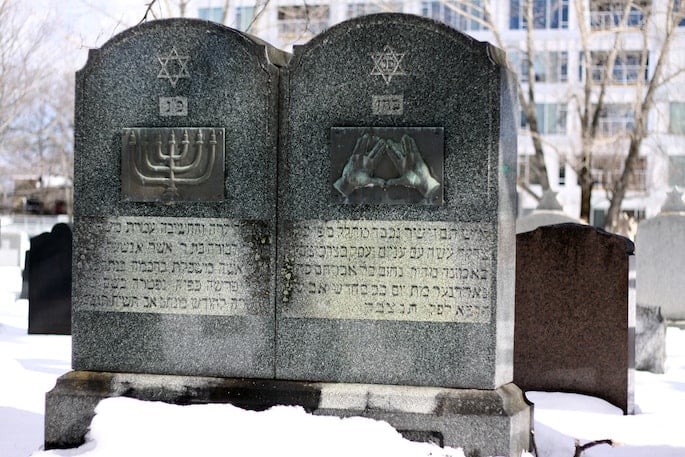
Cemetery Grave And Tombstone In Judaism Death Mourning
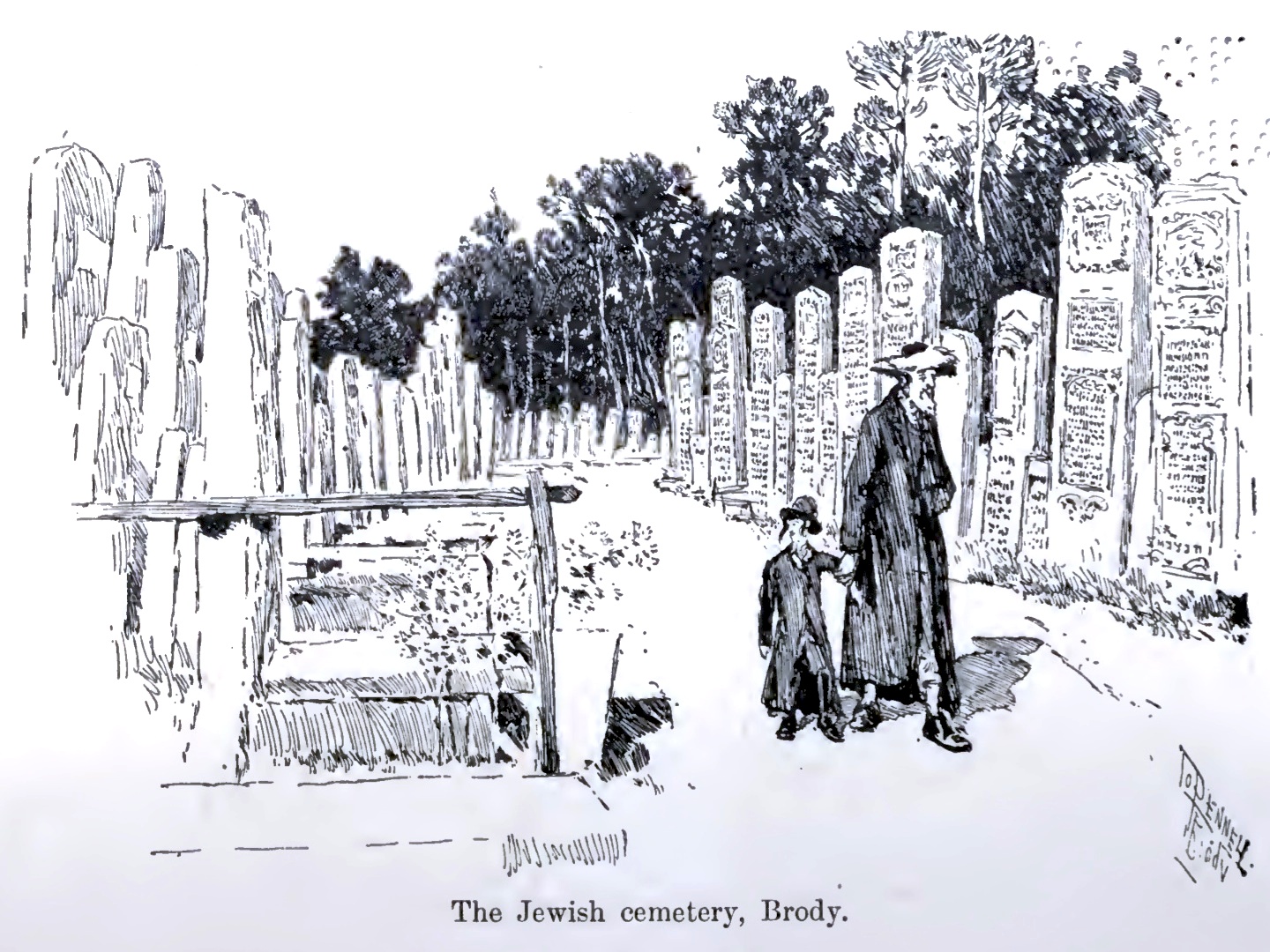
Jewish Traditions For Death Burial And Mourning Rohatyn Jewish Heritage

Different Cultural Beliefs On Death And Dying Practices Lovetoknow

Jewish Traditions For Death Burial And Mourning Rohatyn Jewish Heritage
